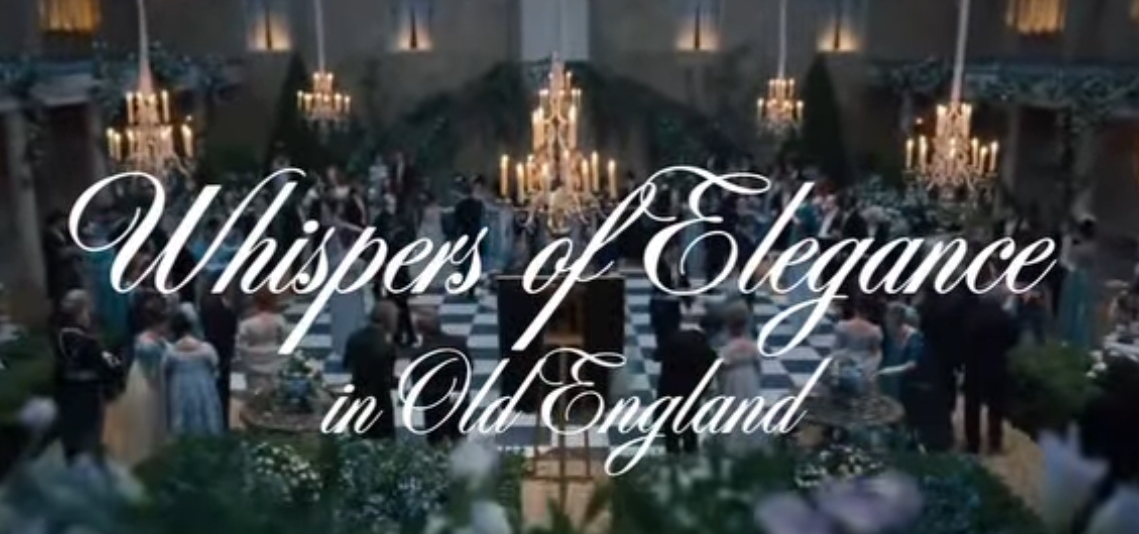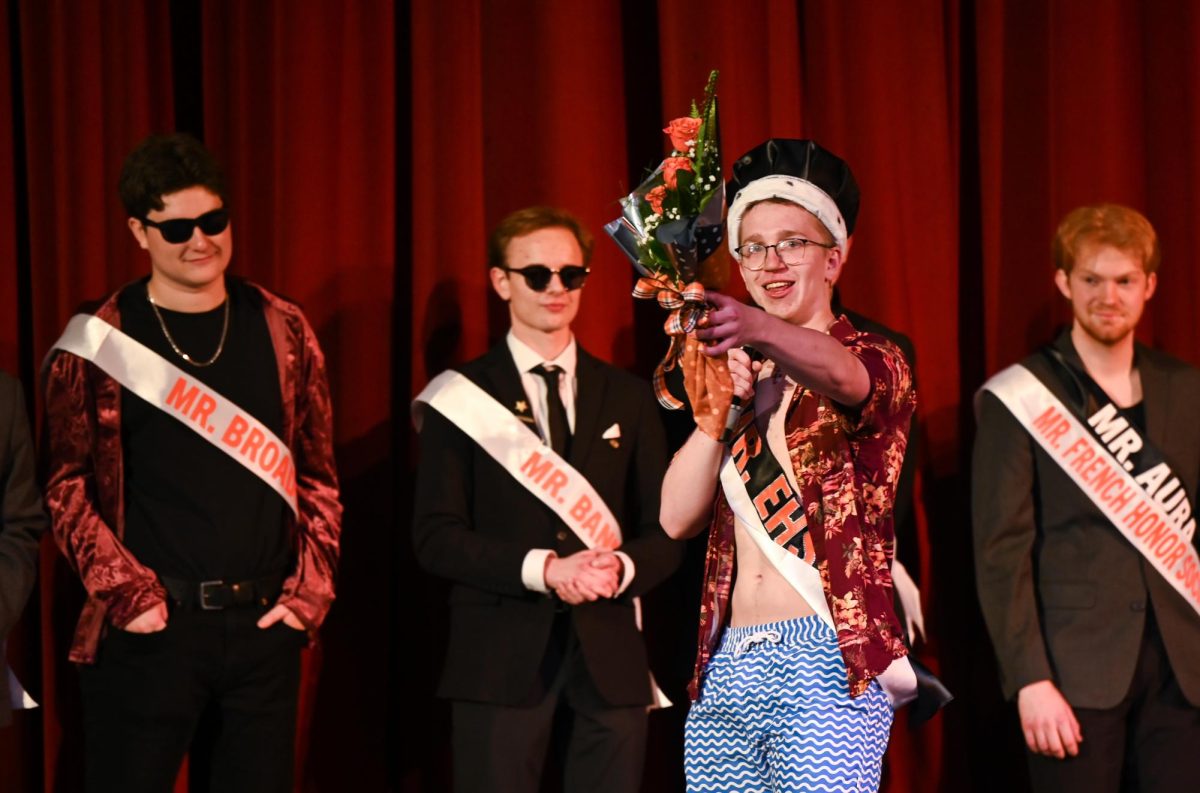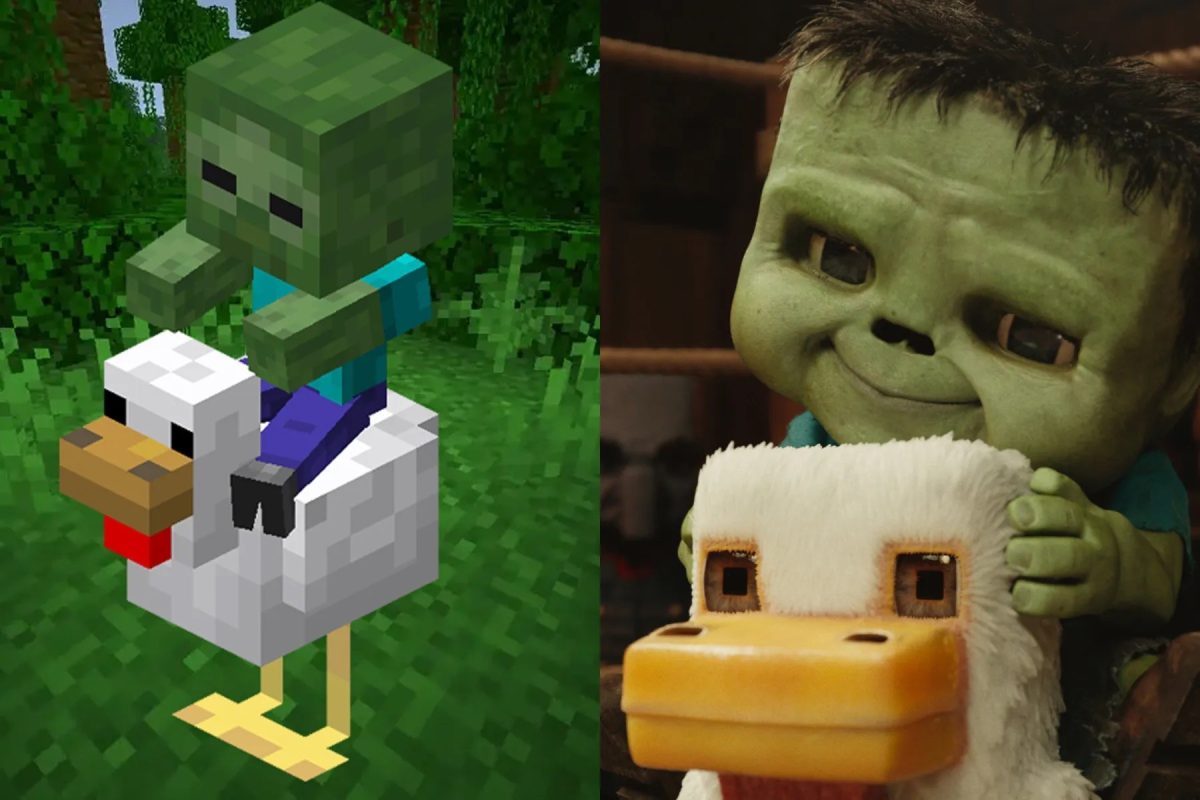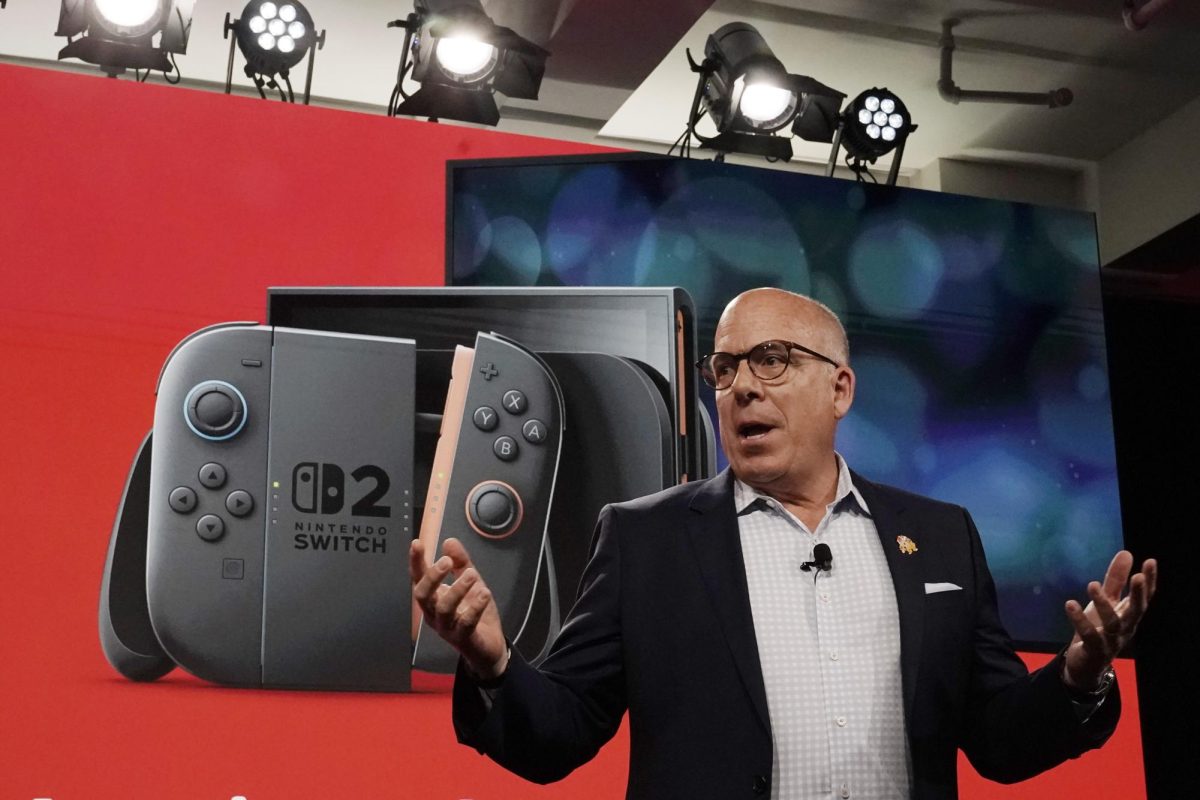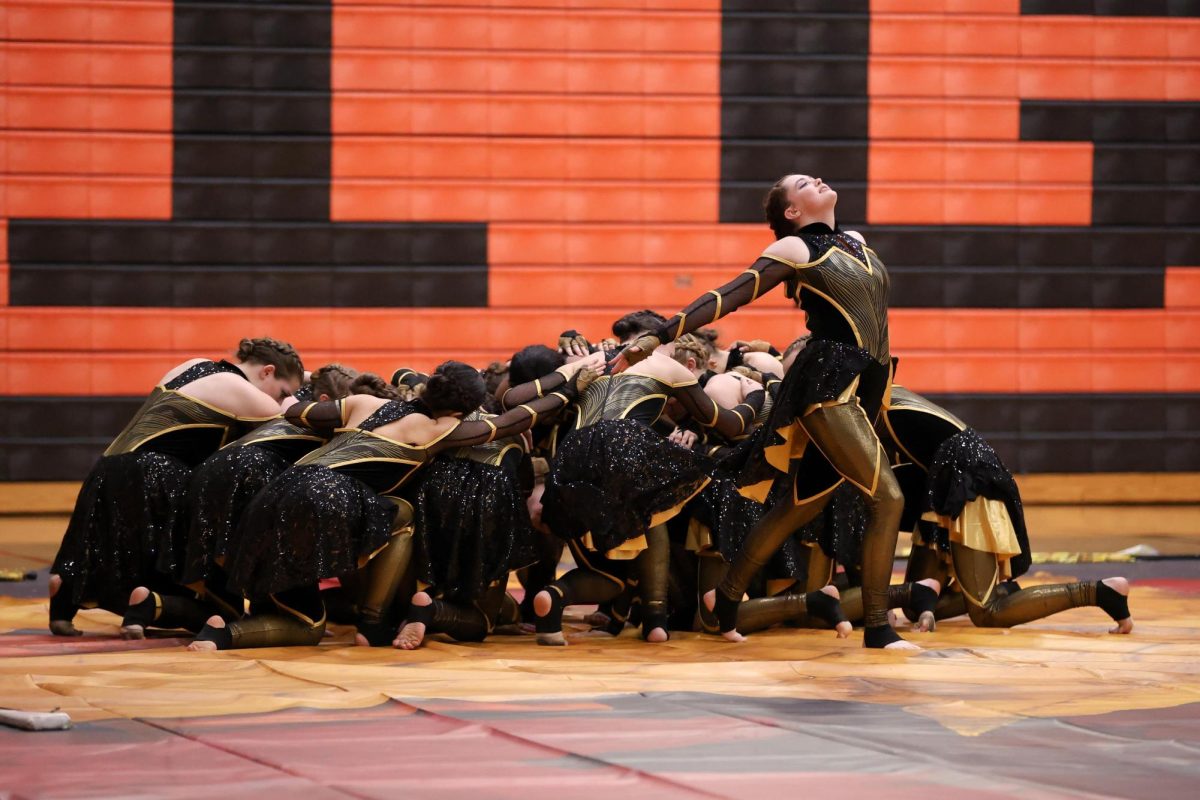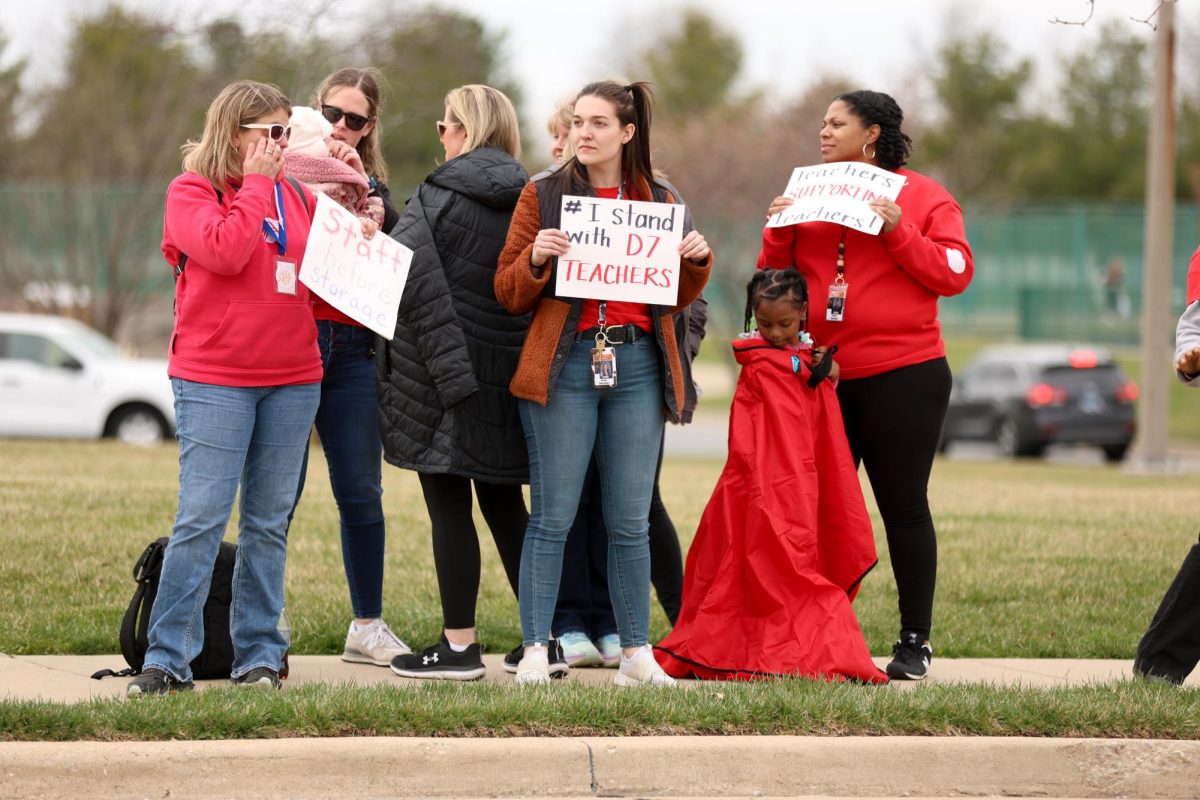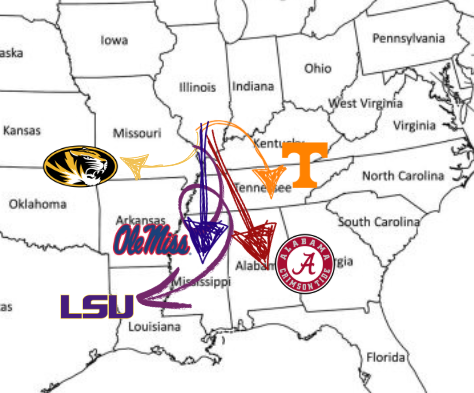Ashes to Ashes: Dishonesty in the Digital Age Exposed in “Fyre”
February 1, 2019
The Fyre Festival may have burnt out quickly, but the new Netflix documentary “Fyre: The Greatest Party That Never Happened” reignites the flames of controversy.
The film takes a deep look into the months leading up to the massive failure of the Fyre Festival, a beach party planned by charming but dishonest entrepreneur Billy McFarland. It tastefully examines everything that went wrong with his plan.
With the help of rapper Ja Rule, McFarland bought an island in the Bahamas for $10 million. They flew in an add team and America’s most famous models to create a commercial showcasing their vision for a luxurious music festival to entice young and rich Americans.
But on-site footage in the film shows that this trip had more day drinking on a boat than serious business matters. Still, it highlights McFarland’s creativity and vision, painting him as a guy who you hope turns out good in the end, even though you know he won’t.
Aside from McFarland’s corruptness, the festival was meant to promote the Fyre app, a platform for booking models, performers and other types of talent. It connected average people with celebrities, and a music festival that could do the same thing seemed like the perfect advertising opportunity.
What McFarland didn’t plan for were the tremendous difficulties that came with planning a major event on a remote island with no infrastructure. No Internet, no plumbing, no housing, no restaurants. But that didn’t stop him from selling 10,000 tickets to naïve young adults.
Quotes from McFarland’s team make it clear that everyone thought about these problems, so it is sickening to think that they were largely ignored.
From the start, the misleading ads and lack of a real plan made Fyre employees uneasy, but McFarland’s constant reassurance and pressure to keep planning pushed the event along despite the glaring obstacles.
When interviewed for the documentary, however, former employees and friends of McFarland did not hold back any secrets. The interviewees were part of every aspect of the festival: close partners of McFarland, festival attendees, business members at the New York headquarters and Bahamians who essentially did free labor to construct the sites. Their different sides provide a well-balanced story that is easy to trust. All were cheated by McFarland, and they all have something to share that humanizes the story.
Interviews and footage from the actual planning of the festival are pieced together to create a flowing timeline that leaves out no details. Anything you could wonder about the process is broken down in the film, leaving you to pass your own judgements on those involved.
The lies and dirty business that “Fyre” uncovers are disheartening to hear, but it provides an intriguing view of how society is shaped by “influencers”–people who are usually famous for no reason but happen to get a lot of likes on Instagram.
Why do we fall for these ploys? Why do things promoted by Kendall Jenner and Bella Hadid automatically seem more appealing? How could a person not care that they trapped thousands of people on an island with no sufficient food, water or shelter?
“Fyre” may not be able to answer these questions for you, but it will shine light on everything wrong with the advertising industry. And once those sparks ignite in your mind, they’re hard to put out.




